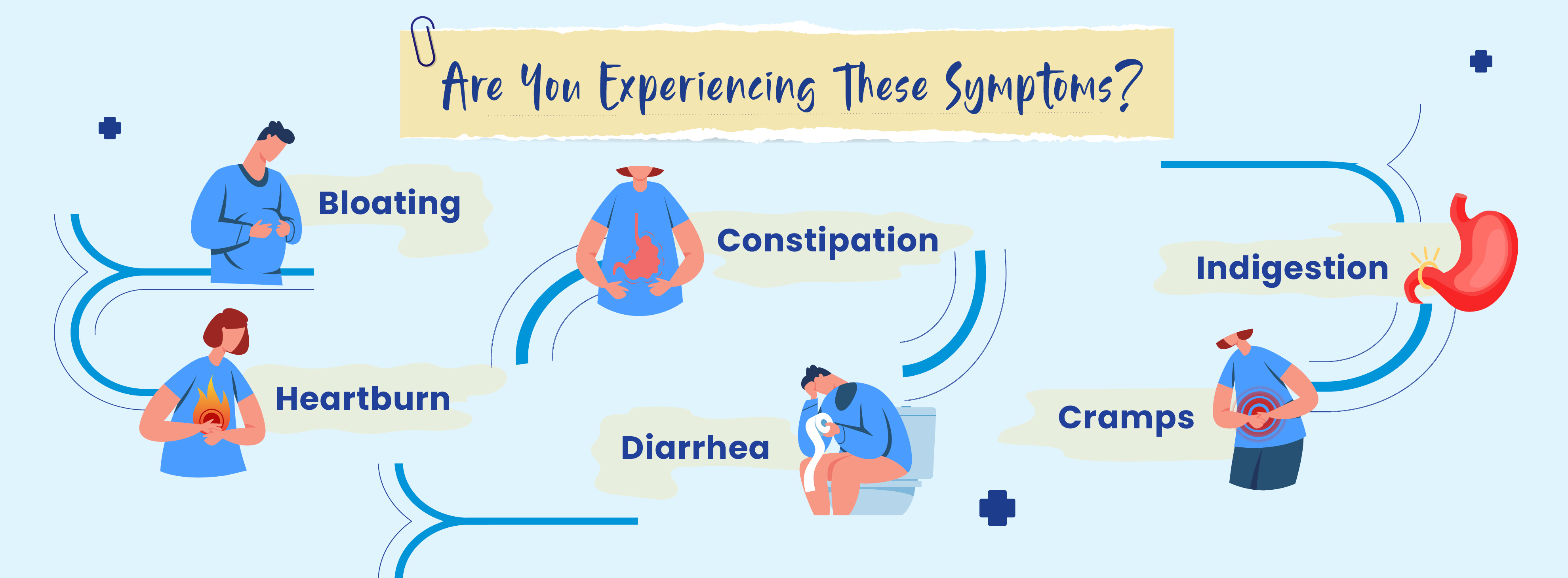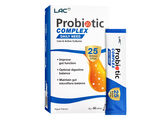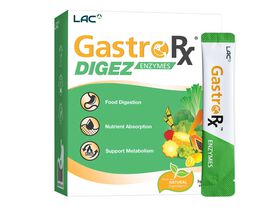Guard Your Gut

Here are some tips to make your gut a happier place!
Maintaining healthy gut health is important for your overall well-being, from aiding your immune system to helping the body absorb optimal nutrition. But did you also know how crucial it is for your mental health? The trillions of bacteria residing in your gut play a pivotal role in your mood. This intricate ecosystem, known as the gut microbiota, is responsible for 90% of serotonin, one of the hormones that make us happy. This means, that when your gut is happy with all the right nutrients, your mind follows suit.
Not limiting to what you consume but your gut health can be influenced by external factors as well. Have you experienced butterflies in your stomach when you feel nervous? That’s a perfect example of your gut signalling your brain, highlighting the profound connection between gut health and mental well-being. This could all be due to the Gut-Brain axis!
What is the Gut-Brain axis?
The gut and mental health are well connected through what is known as the gut-brain axis, a communication pathway between the gastrointestinal tract and the brain. It is often referred to as the “second brain”. The gut harbours a complex network of microbes that play a fundamental role and uses the same biochemicals and nerve network as the brain to help us digest and alert the brain when something is wrong.
Life thrives on balance and your gut health is no exception. When you neglect your gut health, it causes gut microbes to imbalance, resulting in your gut failing to produce the important neurotransmitters. Gut microbes imbalance results in lower serotonin and dopamine levels in your system. With more bad than good bacteria in the gut, it can also lead to inflammation, disrupting communication between your gut and brain. Inflammation releases biochemicals that influence brain function, including mood regulation. The gut-brain axis works both ways. When we are stressed and anxious, the brain sends signals to the gut. We will then experience digestive stress such as stomach upset, nausea, and constipation.
Do these sound familiar to you? Are you experiencing any of these symptoms? If yes, these are potential signs of gastrointestinal issues that you might need some help with:

The recipe for a happy gut:
It is not too late! You can take proactive steps to support your gut health, and in turn, improve your overall wellbeing. Be mindful about your lifestyle and make a change if needed, your gut microbiota will respond with a surge of positivity.
Here are some ways to make your gut a happier place:
#1 Practice Mindful Eating & Drinking
Caffeine lovers, don’t we like to start our day with a cup of coffee or tea for breakfast? Unfortunately, your favourite coffee and tea could cause a problem to your health. It also depends on the person’s sensitivity to caffeine, it is not advisable to drink more than a few cups as they act as a stimulant for the nervous system. This will further heighten the anxiety levels as well as raise blood pressure[1]. Instead, try soothing beverages such as warm lemon water or ginger tea, which can help to soothe the mind, stomach, and digestion.
Avoid foods high in sugar such as cookies and chocolate, which can increase cortisol, the stress hormone, levels. Also, reduce high salt diet as they can cause harm to certain gut bacteria[2]. Instead, munch on high-fibre foods such as almonds and cashews to keep your brain functioning properly and your bowels smooth, thus preventing constipation. Consider foods with lots of fibre such as leafy greens, low fructose fruits, and yoghurt to promote healthier digestion.
#2 Take Prebiotic and Probiotic Supplements
Think of this as an investment for your gut’s happiness! Probiotic supplements are an easy and convenient way to keep your gut happy. Prebiotics are like dietary fibres that feed the good bacteria in your gut, while probiotics, which are live microorganisms, help maintain a healthy gut microbiota. Probiotics help restore the balance of good versus bad bacteria. It also helps break down food, improve nutrient absorption, and regulate bowel movements for better digestion, especially for those who have irritable bowel syndrome (IBS), inflammatory bowel disease (IBD), diarrhoea, and constipation. Individuals who have poor diets and chronic stress are also encouraged to take probiotics to promote the growth of beneficial bacteria. This in turn builds a stronger immunity.
To choose the right probiotic, you must first identify your needs whether it is to address specific issues or for daily maintenance. Many probiotic supplements contain common strains such as lactobacillus and bifidobacterium, and the general guideline is to take between one billion to 30 billion colony-forming units (CFUs) per day. Probiotics that contain six strains are well known to be effective in maintaining good gut and immune health.
However, as we age, the composition of gut bacteria also changes, resulting in a reduction in the number of beneficial gut bacteria in our gut. Thus, it is recommended to consider probiotic supplements that contain multiple strains for each individual to receive the optimal amount of friendly bacteria for the gut.
#3 Reduce Stress Levels
It doesn’t matter if you are a student, a parents or a working individual, stress will always be part of life. Although we can’t avoid stress, we can find the best way to cope with them.
Due to the gut-brain axis connection, your gastrointestinal tract is especially sensitive to your emotions, in particular – stress. This is why nervous poops are a very real thing! Chronic stress can disrupt the balance of the gut microbes, leading to an increase in bad bacteria and a decrease in the good ones. This can lead your gut to a vulnerable position, thus increasing the risks of many health problems. In fact, about 70% of the immune system is housed in the gut[3].
Whether it is going out for a quick run, planning a fun day out, baking your favourite desserts or watching your favourite TV series, do something that will keep your gut and brain in perfect harmony.
#4 Do Simple Exercise
Other than paying attention to the types of foods you eat, doing exercise is something as equally important to optimise the gut microbiome. The digestive tract is a muscle and it has its own rhythm that keeps things moving. You probably want to maintain that rhythm as you don’t want it to move too fast or else you keep running to the toilet and if too slow, it might cause you indigestion, gas and bloating[4].
To keep the rhythm going, opt for simple exercises that will keep the muscles in the gut to be more active. During exercise, the heart pumps harder and improves overall circulation throughout your body including to your gut, further encouraging digestion to happen and excreting unwanted waste completely before it can disrupt the microbiome. Start slowly by doing simple exercises like brisk walking, running, or aerobic exercise at least 3 times a week.
[1] https://www.wellandgood.com/coffee-for-breakfast/
[2] https://www.medicalnewstoday.com/articles/322076
[3] https://www.enterogermina.com/en-za/gut-health/immunity#:~:text=In%20fact%2C%20about%2070%25%20of,is%20housed%20in%20the%20gut.&text=A%20well%2Dbalanced%20microbiota%2C%20as,off%20harmful%20bacteria%20and%20viruses.
[4] https://health.clevelandclinic.org/gut-health-workout








